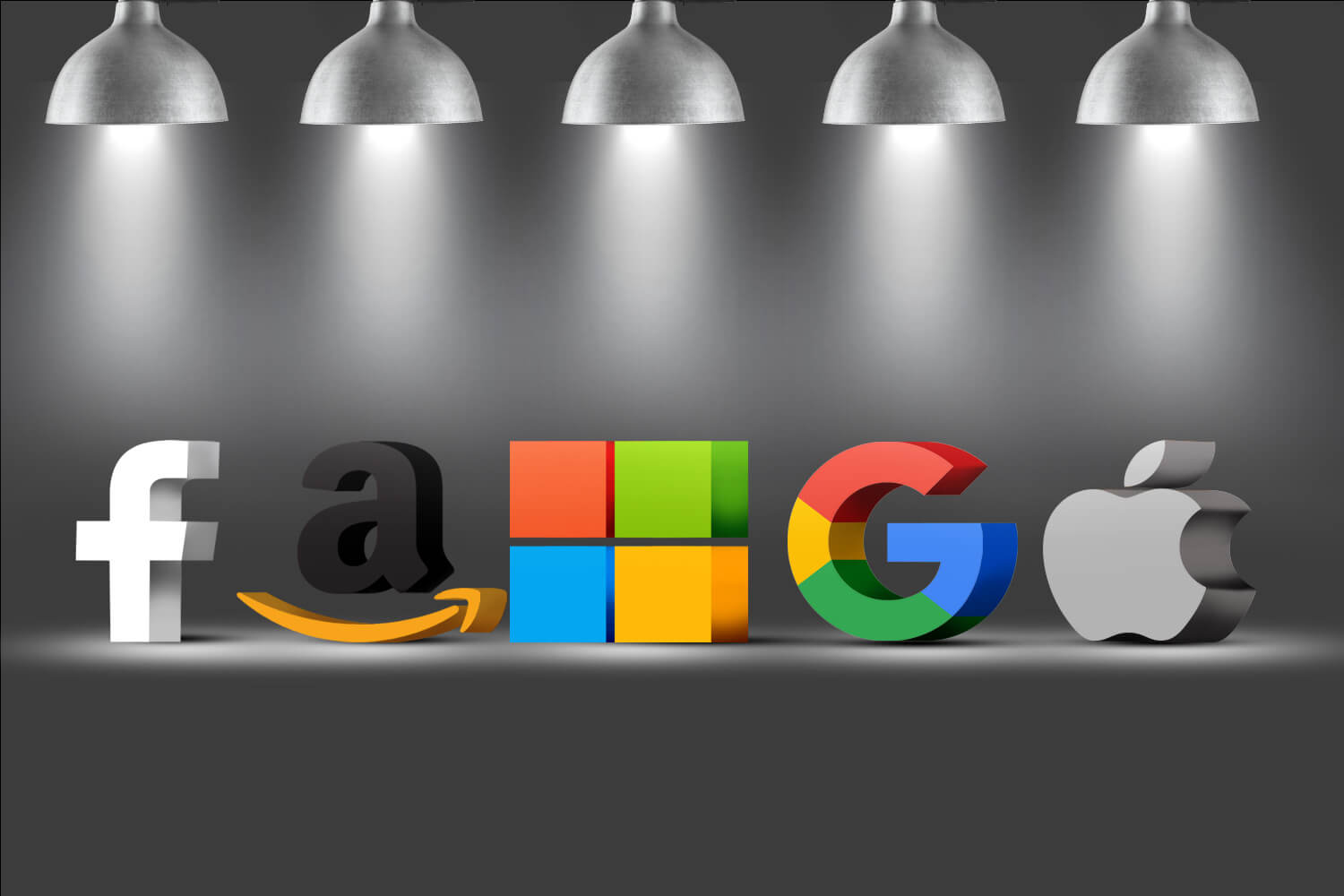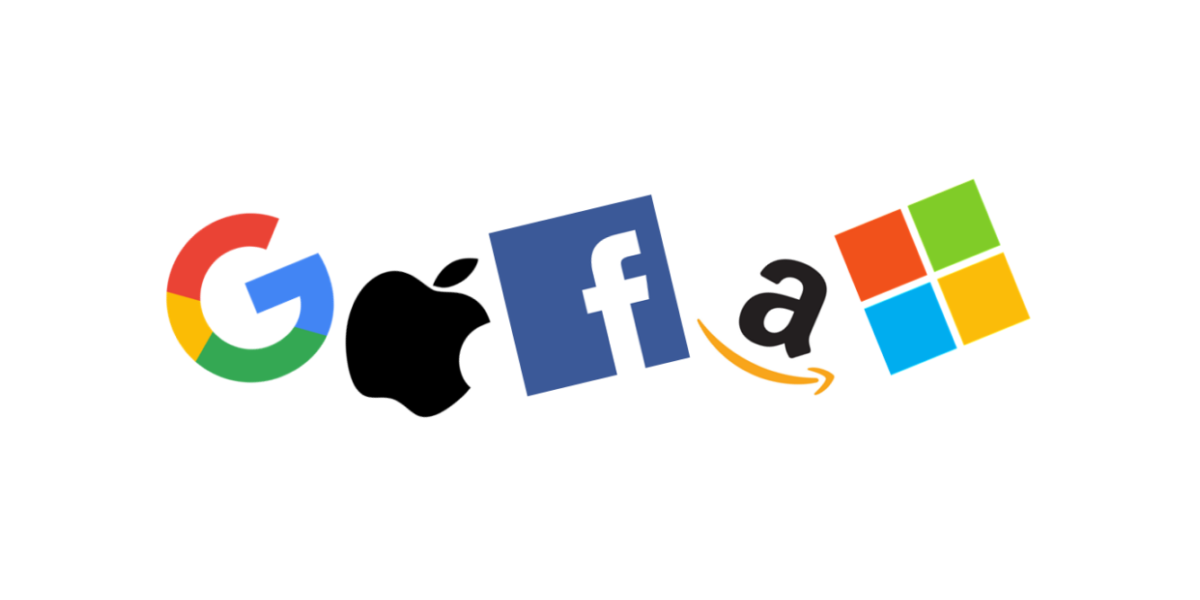
The business and commercial class of the Country has for quite some time now been debating about the predatory effects of e-commerce websites in India, with Flipkart in India and Amazon abroad (see our previous posts here and here) being predominant recipients of the flak. And publishing houses are now the latest to enter the fray.
Many of our opinions would be repetitive to those already cited innumerable number of times in the media, so we’ll keep them out of this post. Rather, I want to discuss a perspective which is being discussed less on public fora.
Firstly, a Times of India Article has claimed to cite sources in the C.C.I. stating that the practice will not be predatory pricing as the relevant market would be the entire retail market of India, wherein e-commerce websites possess a meager one to two percent share. I am not aware about the authority of the papers “sources”, but I would respectfully beg to differ with the quotes in the piece. The relevant market can easily be differentiated to be the “E-Commerce Retail Market” and not the entire Retail Market as a whole. The most important reasoning for the definition is the presently low internet penetration in the Country. People without access to the internet (which comprises a large majority of the population, am sure everyone would agree) cannot possibly buy any items from these websites (or even choose to) and therefore would have to compulsorily rely on Brick and Mortar stores. Furthermore, internet users buying from these sites can be considered a different “Class” unto themselves, especially for certain category of items, which may result in a drastic fall in Brick and Mortar retail sales of certain category of items, for example, especially books, which these internet users may not buy anymore (evidence for this is quite significant).
I do however, concede that the case becomes a bit complicated in light of recent developments, i.e., Amazon deciding to open it’s first “Brick and Mortar” store in New York. Indian E-Commerce start-ups are also not far behind., which will require an analysis as to how much business would be sourced from these stores to the E-stores, and what will have to be taken into consideration is that these Brick and Mortar stores are being/would be set up in metropolitan cities or large towns and would have a relatively small “influential radius”. Add to this the trend in India where a number of individuals, especially individuals below the age of thirty, prefer to browse through the Brick and Mortar Store, check and choose what they like, and then go online to find the best deal among these e-commerce websites.
Secondly, the factual question which needs to be clarified, (as aptly stated here), is the contours of the agreements which are being entered into between the websites and the sellers/retailers. There have been too many contradictory statements in the media, with retailers often claiming they lack bargaining power against the likes of Flipkart and Amazon, whereas one reads counter accusations from the websites that the sellers themselves set the price and they as mere intermediaries. What also needs to be clarified factually is which party decides on the discounts, including how much to give and in what proportion are the burden of the discounts borne between the parties. In case evidence is found that it is the websites who bare the burden of the discount, it may bring about a case of atleast Margin Squeezing, if not Predatory Pricing. Granted, the concept of Margin Squeezing would be an absolutely new concept to be introduced into Indian competition law jurisprudence, but it is certainly recognised under Section 4(2) of the Act.
In conclusion, this is definitely not the last post on this Blog on the issue, but facts do go to show that E-Commerce websites may not be as “destructive” as many (including the author) had predicted. What we see is that a successful company like Flipkart or Amazon cannot absolutely divest itself from the hard and competitive world of Brick and Mortar Retail, but rather is required to augment it with arguably questionable tactic to justify the absurd valuations to which the companies have been raised.



